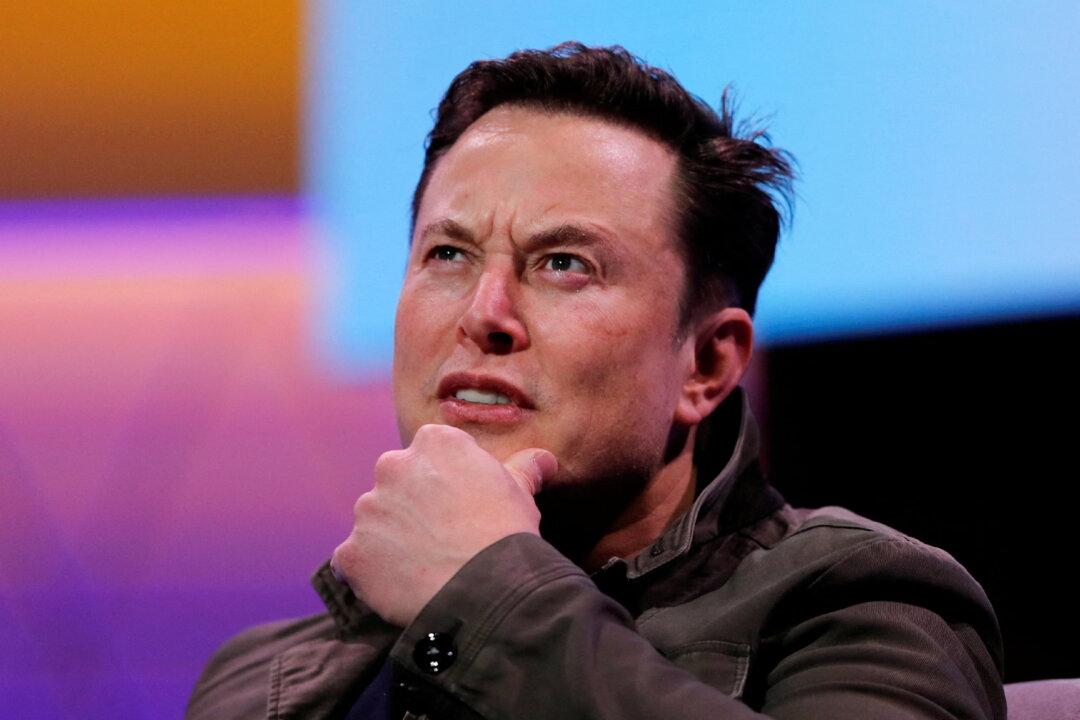Elon Musk, who recently joined Twitter’s board of directors, sent a cryptic tweet on Saturday asking whether Twitter is “dying,” coming just days after Truth Social CEO Devin Nunes called Twitter a “ghost town” when asked to comment on Musk’s involvement in the company.
Musk, who recently bought a 9.2 percent stake in Twitter that made him the company’s biggest individual shareholder, on Saturday shared a tweet featuring a list of top accounts on the platform, noting in his caption that they “tweet rarely and post very little content.”





